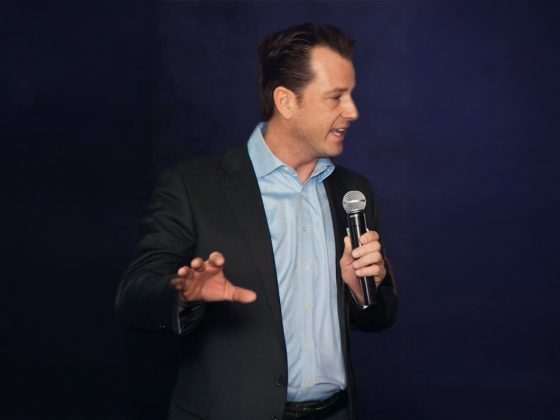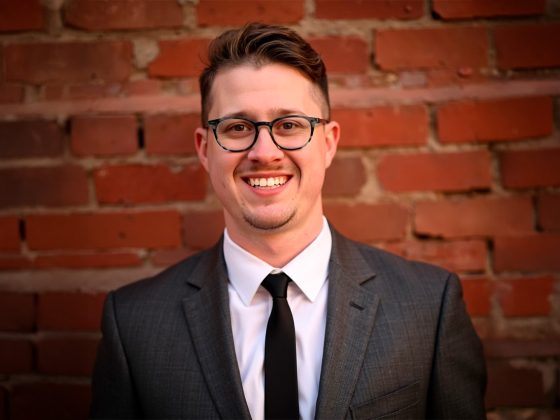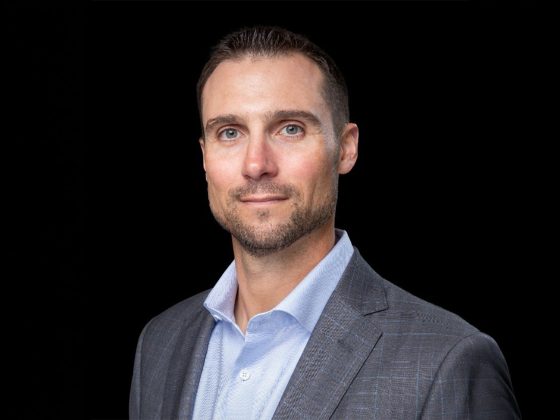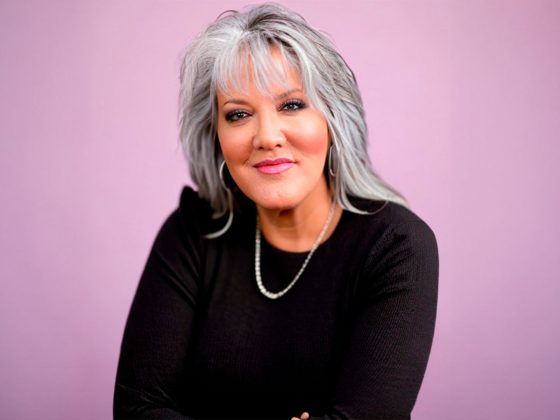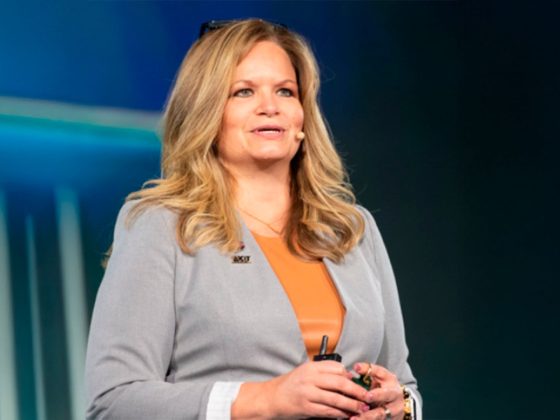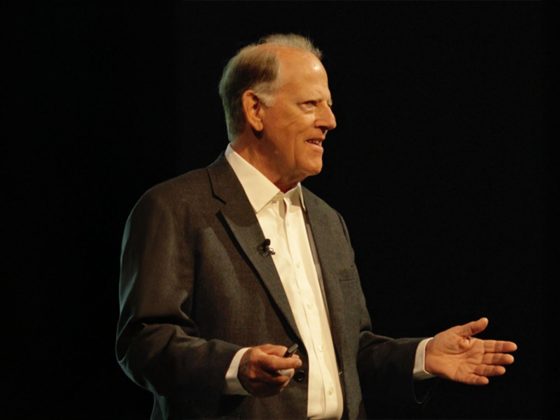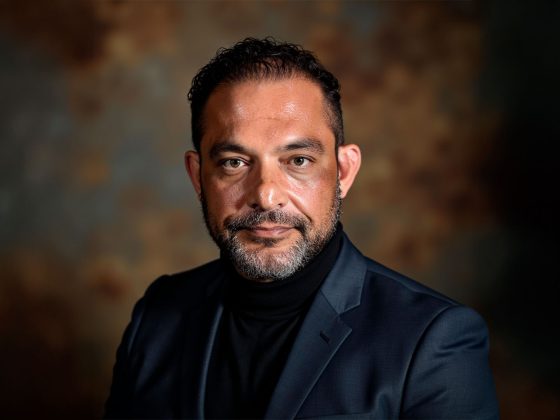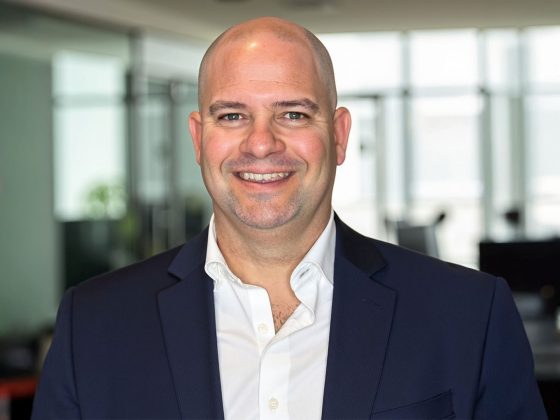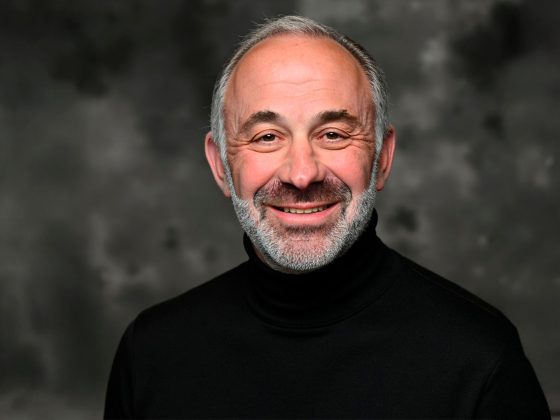The move from military service to civilian life is one of the toughest career transitions. Veterans bring extraordinary skills to the table, yet many struggle to secure roles that reflect their true capabilities. Employers often admire a résumé filled with impressive achievements, but too often they miss the business value hidden behind military language. Hugh Andrée knows this challenge firsthand. A former British Army serviceman and the founder of weServed, Andrée has spent the past decade helping thousands of ex-military professionals find meaningful work. At the same time, he has been working with companies to rethink how they see veteran talent.
Why Veterans Are Overlooked
According to Andrée, the problem is rarely competence. “Military experience cultivates leadership, discipline, adaptability and resilience,” he explains. “Veterans also develop valuable aptitude traits that are highly sought after in any sector.” The issue is translation. A logistics officer in the forces may be perfectly qualified for a supply chain role. A drone operator may have advanced technical skills that match cyber security. Yet if a recruiter does not understand the terminology, the connection is never made. “It’s like speaking two different languages,” Andrée says. His work at weServed focuses on solving that translation problem. Veterans learn how to express their skills in business terms, and employers learn what military roles actually mean. “When we align skill sets with industry needs, everybody wins.”
The Importance of Support Systems
Even when veterans do find work, the adjustment can be difficult. Military life offers a structured environment with built-in systems of support. Civilian careers often lack that. “In the military, we call them buddy-buddy systems,” Andrée explains. “That kind of built-in support disappears in civilian life, and the adjustment can be harder than people expect.” This is why weServed goes beyond job placement. Mentorship programs, peer networks, and access to mental health support are all part of the process. “It’s not just about getting veterans hired,” he says. “We need to create environments where they feel supported and set up for long-term success.”
Rethinking Recruitment
Andrée also believes companies need to change how they approach veteran hiring. Too often, veterans are expected to squeeze into rigid recruitment processes designed for traditional candidates. “Smart employers flip the model,” he says. “They create tailored entry points such as military hiring programs, internships, or upskilling boot camps.” The results can be remarkable. Veterans have gone on to thrive in cyber security, project management, logistics and aviation engineering. These are not fallback jobs or token roles. They are careers where military experience becomes a genuine advantage.
Breaking the Stereotypes
One of the biggest challenges is overcoming outdated perceptions. Many still see veterans through a narrow lens—suited only for physical roles or waiting for orders. “That’s very far from reality,” Andrée stresses. “Today’s military produces cyber specialists, engineers, strategic planners and transport managers. Veterans are adaptable, versatile, resilient, and above all, they get things done.” Changing these perceptions matters. When employers recognise the modern skills veterans bring, they open up opportunities that benefit both sides.
Opportunity, Not Charity
For Andrée, this is not about charity or handouts. “Veterans don’t want special treatment. They want opportunities,” he says. When businesses hire veterans, they gain professionals who perform under pressure, who lead with discipline, and who deliver results when it matters most. Veterans, in turn, find careers that reflect their skills and experience. Andrée’s message is clear: if companies are willing to rethink recruitment and look beyond outdated stereotypes, they will find some of the most capable and committed professionals available. “Veterans are not asking for favors,” he says. “They simply want the chance to contribute. When companies give them that opportunity, everybody wins.”
Connect with Hugh Andrée on LinkedIn to learn more about empowering veteran talent.
If you want to access veterans, their spouses or family members from a UK community of 5.1million, or supply services and products please contact weserved.com for further information.

